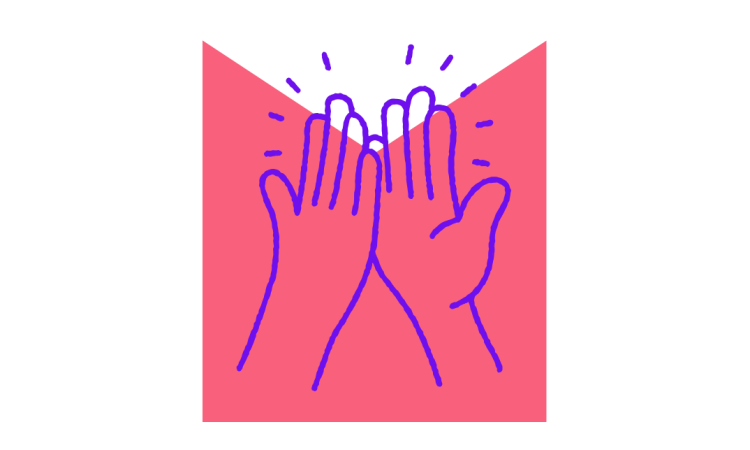Living with a long-term health condition can be challenging, but no one should have to face it alone. Peer support groups can provide people with a community that plays a vital role in improving mental wellbeing, fostering resilience, and enhancing quality of life. Connecting with others that truly understand what you’re going through can be key to navigating the complexities of long-term conditions.

Why peer support matters
Peer support is more than just shared experiences—it's about mutual understanding, encouragement, and empowerment. When people with similar health challenges come together, they create a safe space where they can exchange knowledge, offer emotional support, and build confidence in managing their conditions. Research shows that peer support can lead to fewer hospital stays, stronger social networks, and improved self-esteem.
The benefits of a peer support community
A strong community provides:
- Emotional support – Knowing that others truly understand your struggles can reduce feelings of isolation and anxiety.
- Practical advice – Learning from others who have faced similar challenges can help individuals navigate healthcare systems and daily life more effectively.
- Shared strength – Encouragement from peers fosters resilience and motivation to manage symptoms and maintain well-being.

Many Mental Health Foundation programmes include an element of community-based peer supporting. For example, the Living Well project in Scotland supported people with long-term health conditions by providing tailored mental health support via partner organisations focused on specific conditions. In partnership with the Health and Social Care Alliance Scotland (the ALLIANCE), the initiative supported charities to deliver emotional wellbeing services by providing their staff with training and access to peer learning networks.
I've seen how this programme changes lives. I've seen people progress. I have learnt about my diabetes and how to manage it from attending this group than I have ever before. I very much enjoy the health talks and all activities because they acknowledge the whole person from mind to body.
In Northern Ireland, the Mental Health for Better Days project, developed in collaboration with the Healthy Living Centre Alliance, integrated mental health support into chronic pain management programmes. This initiative equipped centre staff with the tools to help people learn to better manage their mental wellbeing, offering training on trauma-informed practices, stigma reduction, and mental health inequalities. Since its launch, hundreds of participants have reported increased confidence in discussing their mental health and seeking support when needed.
Participant Bill* began to share his experiences with others. Learning that they too faced the same challenges gave him a sense that he was not alone.
I now have friends who I can talk to about all of this instead of just saying ‘I’m alright’ all the time. Pain makes you feel thrown to the side but when you meet people and share with them you feel less alone and less worried. You feel more normal.
How community benefits your mental health
Being part of a community can make life feel more meaningful and enjoyable, help us feel happier and safer, and improve our mental health. Read our 10 tips on how to get involved in your community.
Find out more
How to foster positive community in group settings
Sam, Project Manager of Mental Health Foundation’s Bridges to Belonging project working with asylum seeking and refugee groups, shares their view and tips on fostering positive community in group settings.
How does community support parents’ mental health?
Community plays an important role in protecting parents’ mental health. Read more about how community can support parents' mental health and our work with parents at greater risk of mental health problems.
Mental Health Awareness Week
Since 2001, the Mental Health Foundation has been leading Mental Health Awareness Week - bringing the UK together to focus on getting good mental health. This year, the week takes place from 12 to 18 May 2025 and the theme is 'community'.
Find out more